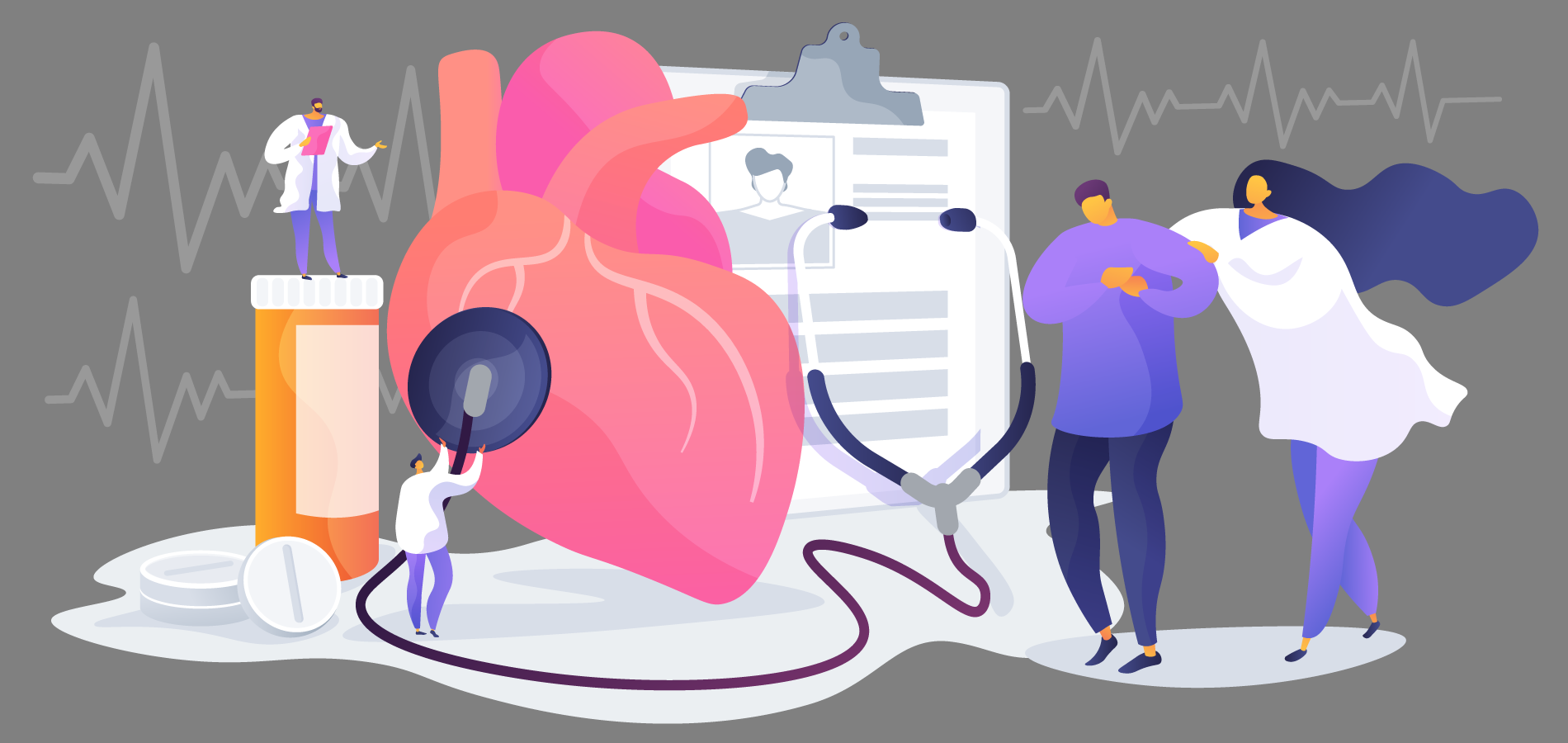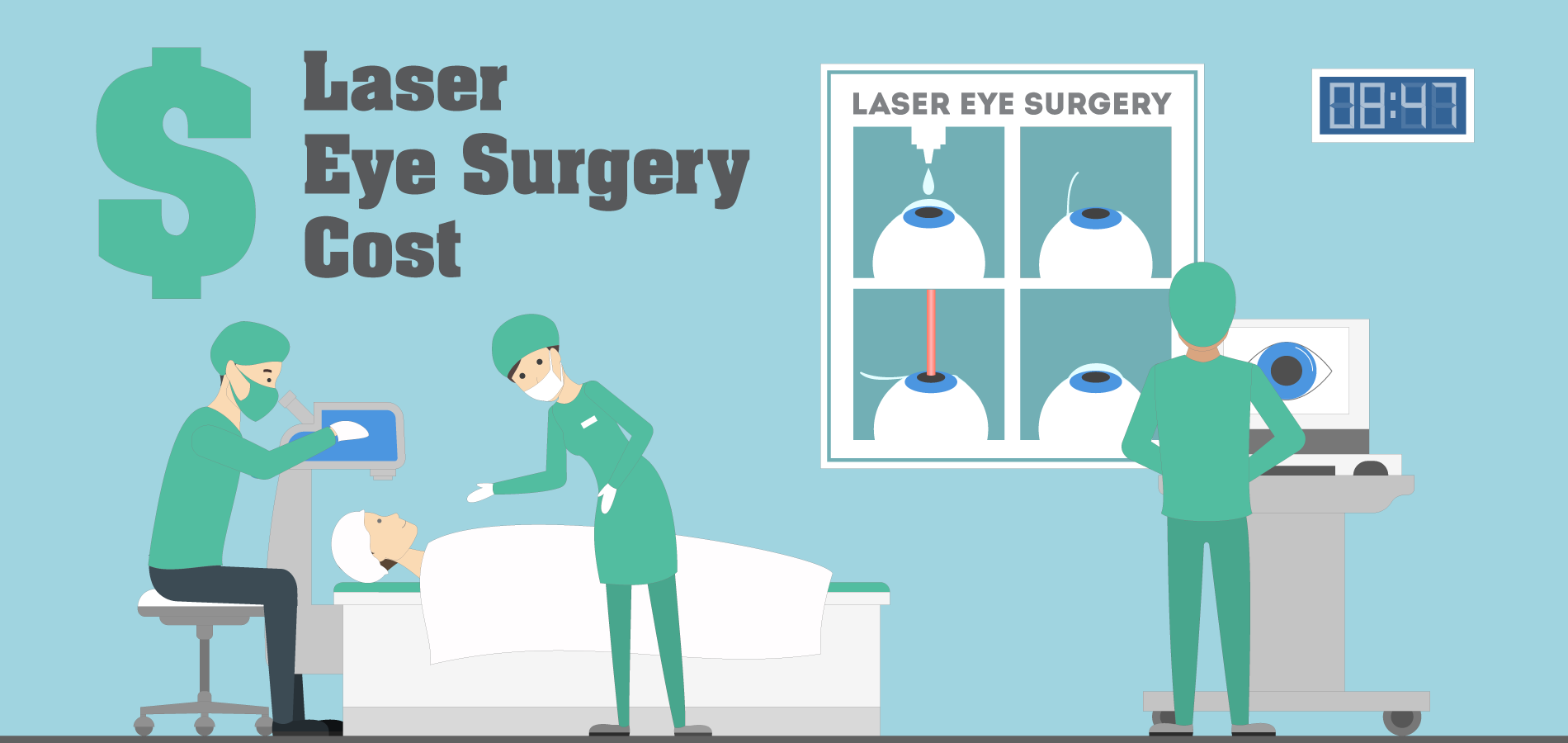For over one hundred years in Canada, cardiovascular disease has been the leading cause of death. In fact, cardiovascular disease in Canada accounts for half of all deaths.
Such sobering statistics make many of us wonder how to prevent cardiovascular disease in old age. If you're asking yourself what causes cardiovascular disease and how you can prevent it, you're not alone.
Keep reading. In this article, we'll explain what cardiovascular disease is and how to keep your risk low.
What is Cardiovascular Disease?
The term "cardiovascular disease" refers to a broad range of heart conditions that affect the cardiovascular system.
Cardiological disorders can range from congenital heart diseases (heart problems that you are born with) to heart problems that develop later in life.
If you're wondering "what are the most common cardiovascular diseases," the answer is the second type. Chronic types of cardiovascular disease are the most common, and they can happen to anyone.
Coronary Heart Disease
Coronary heart disease is one of the most common types of cardiovascular disorder. It affects the arteries that give blood to your heart muscle. That's why it's also known as coronary artery disease, or CAD.
In CAD, cholesterol deposits build up along the inside of your heart's blood vessels in the form of plaque. These plaque buildups make your arteries narrower so that less blood can flow through. This is called atherosclerosis.
If the plaques build up too much, they can be easily blocked by a blood clot. When a blood clot blocks off an artery, it prevents blood from flowing to part of your heart muscle. This problem is more commonly known as a heart attack.
Cardiovascular Disease and Blood Flow
A common question about cardiovascular problems is "how does this disease affect blood flow through the cardiovascular system?"
Over time, so much plaque may build up that it keeps your heart muscle from getting the blood it needs to keep functioning. A prolonged lack of blood to your heart muscle can permanently damage your heart.
If that happens, your heart won't be able to pump blood to the rest of your body. This is called cardiovascular failure (or heart failure). It is a condition where the heart becomes too weak to pump blood effectively through your body.
What Causes Cardiovascular Disease?
There's no simple answer to the question "What causes cardiovascular disease?"
Hereditary genes, lifestyle factors, and other diseases all work together to cause cardiovascular disease. You may be in danger of developing heart problems if you have multiple cardiovascular disease risk factors, including:
- Age (older adults are at greater risk of having weaker hearts and hardened arteries)
- Being male
- Family history of heart disease
- A diet that's high in fat, salt, cholesterol, and sugar
- Obesity
- Physical inactivity, even if you are not obese
- Stress
- Diagnosed high blood pressure
- Smoking
Poor dental hygiene can affect your heart health too. Unhealthy gums get inflamed and infected, contributing to cardiovascular inflammation. If you are at risk for developing cardiovascular disease, make sure you understand your health and dental insurance options.
How Do You Diagnose Cardiovascular Disease?
To diagnose cardiovascular disease, your doctor may order several tests to assess your heart health, including:
- Electrocardiogram (ECG or EKG): measures the electrical activity and muscle health of your heart
- Exercise Stress Test: assesses how well your heart works during basic exercise such as walking on a treadmill
- Cardiac Catheterization: inspects your cardiac arteries for blockages by inserting a thin, flexible rod into your blood vessels through a large vessel in your neck, leg, or arm
- Coronary Angiogram: by injecting X-ray detectible dye into your cardiac arteries, measures how much blood is flowing through your heart's arteries
Your doctor will usually order these tests if you already have symptoms of heart disease. However, if you don't have symptoms yet but are at high risk of developing cardiovascular disease, your doctor may order them as a precaution.
Cardiovascular Disease Symptoms
Your doctor will interview you to ask if you have noticed any symptoms of heart disease. But what are the symptoms of cardiovascular disease?
Chest pain, especially when you exercise, is one of the most common signs of CAD. When you exercise, your heart works harder, so it needs more oxygen. If you have CAD, the plaque buildup in your coronary arteries keeps your heart from getting enough blood, so it starts to hurt.
When your heart begins to fail, it can't pump blood as fast as it should. This causes a backup of blood in your cardiovascular system. You may notice this backed-up blood as swelling in your lower legs, feet, and ankles.
Other symptoms of cardiovascular disease can include:
- Breathlessness, especially with exercise
- Fatigue
- Dizziness or lightheadedness
- Irregular or fluttery heartbeats
- Fainting
If you start to experience any of these symptoms, talk to your doctor right away.
Preventing Cardiovascular Disease
The best way to stay safe from cardiovascular disease is to prevent it.
We can all practice cardiovascular disease prevention with simple strategies like:
- Regular daily physical activity for at least 30 minutes per day
- Follow Canada's heart-healthy food guide
- Quit or minimize smoking
- Practice good dental hygiene and get regular checkups
- Maintain a healthy weight
Stress can contribute to cardiovascular disease. If your stress is beginning to affect your physical health, focus on improving your mental health and achieving a healthy work-life balance.
Diabetes and Cardiovascular Disease
You may have heard that diabetes and cardiovascular disease are linked, but how does diabetes affect cardiovascular disease?
Diabetes can cause problems that contribute to cardiovascular disease, including high blood pressure, increased cholesterol levels, and obesity. These problems place you at higher risk of developing cardiovascular disease.
If you have diabetes, research shows that it's important to prevent cardiovascular disease before it happens.
Stay Informed about Cardiovascular Disease in Canada
Although it's a silent killer, cardiovascular disease in Canada is preventable. With a few lifestyle changes, you can minimize your risk of developing cardiovascular disease or prevent it from getting worse.
Cardiovascular disease treatment options have many associated costs. When you're ready for a smarter way to pay medical costs, check out our Health Spending Account options. You'll find the flexible payment method that suits your small business.
Learn more about Health Spending Accounts!







